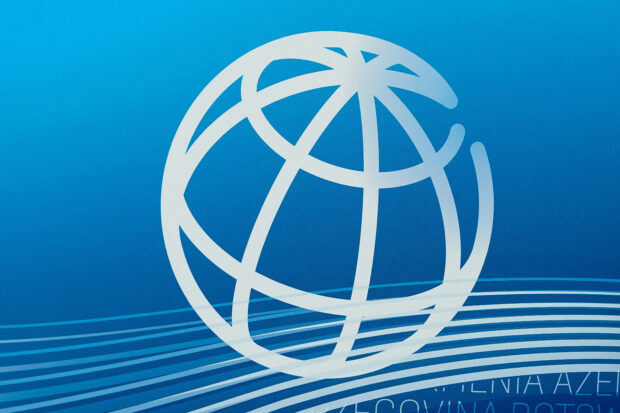The World Bank has approved a $750 million loan to support the Philippine government’s efforts towards improving protection of the natural environment and resilience to the adverse effects of climate change. The facility known as the Philippines First Sustainable Recovery Development Policy Loan will help ongoing government reforms that aim to attract private investment in renewable energy, enhance plastic waste management through reduction, recovery, and recycling, promote green transport, including the use of electric vehicles, and reduce climate-related fiscal risks from the agriculture sector.
Ndiamé Diop, World Bank Country Director for the Philippines, stated that promoting foreign direct investments and streamlining the permitting process could unlock the country’s tremendous potential for renewable energy generation, particularly through the use of solar and wind technologies. “Renewable energy can help the Philippines mitigate climate change and bring numerous benefits, including enhanced energy security, the creation of green jobs, and improved access to electricity,” said Diop. “It is a crucial step towards a more sustainable and resilient future for the country.”
The World Bank also noted that achieving the Philippine government’s target of producing half of the country’s electricity output with renewable energy by 2040 and slowing down the expansion of coal-fired power generation capacity from 2026 onwards will require a significant increase in investments in solar and wind technologies and a strong policy environment conducive for such investments.
Shift to Renewable Energy Fostering New Investments
The loan supports the implementation of the Extended Producer Responsibility Act, which mandates large enterprises to recover up to 80% of plastic packaging waste by 2028. Furthermore, the loan supports the introduction of new insurance products suitable for vulnerable smallholder farmers and strengthens the coverage and operations of Philippine Crop Insurance Corp. The multilateral lender believes that, if properly designed and targeted, crop insurance can help stabilize farm income, reduce poverty, and provide a climate safety net for food producers.
World Bank Senior Economist Ralph Van Doorn said that pushing economic reforms to transform the economy remained imperative, not only to accelerate but also to sustain the economic recovery and boost long-term growth. “Reforms aimed at attracting private investments in public service sectors can open up new sources of economic growth and quality jobs,” Van Doorn said.
The loan also supports amendments to the Public Service Act that allow up to 100% foreign ownership in domestic shipping, air transport, land transport, express parcel and delivery, telecommunication, water supply, and toll roads. The World Bank sees that increased foreign participation in these industries can improve the quality of service, enhance connectivity, and lower operational costs for businesses, making them more competitive.
Denial of responsibility! Samachar Central is an automatic aggregator of Global media. In each content, the hyperlink to the primary source is specified. All trademarks belong to their rightful owners, and all materials to their authors. For any complaint, please reach us at – [email protected]. We will take necessary action within 24 hours.



